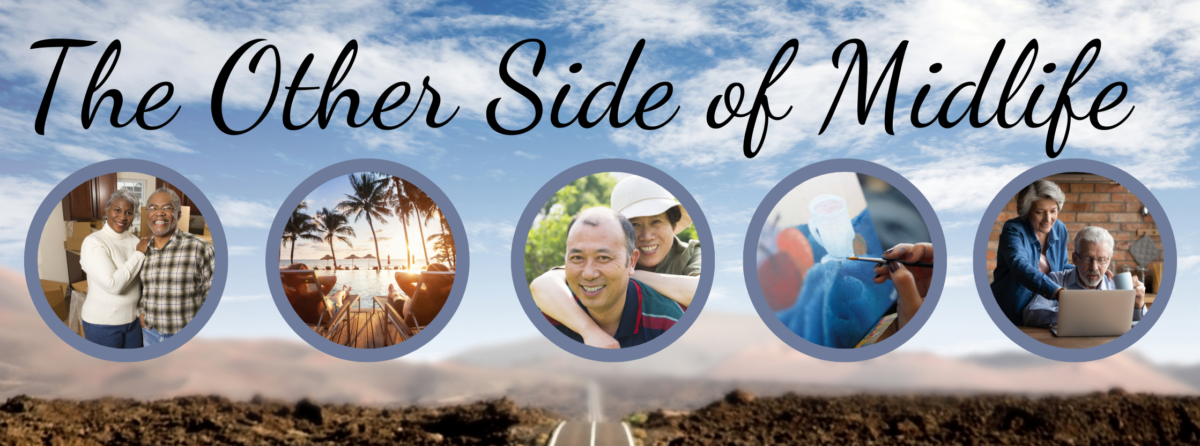
Retirement is usually a time of relaxation, travel, and finally getting around to all those hobbies and maybe some projects you never had time for. But what if one of those hobbies or passions held the key to a whole new chapter in your life? Something from which you can earn money? Hellooo!!!
For many retirees, that’s exactly the case. I am a true example of this. Throughout the years, I’ve always loved making fresh vegetable and fruit juices instead of store-bought ones. It got to a point where friends and relatives started requesting that I “make enough” for them to have some too, with offers to actually purchase them from me. Right then and there, a retirement money-making opportunity was born. Fell right into my lap and I went with it.

Why Would You Want to Do This?
There are many advantages to leveraging your hobby/passion in retirement. First, you already possess a strong foundation of knowledge and likely years of experience with that particular thing. This already translates into credibility and sets you apart from beginners. Second, the inherent enjoyment factor keeps you motivated! Unlike a traditional job, your work won’t feel like work at all! Finally, there’s the potential to turn it into profit, adding a financial boost to your golden years. Now there’s your why!
How Could You Turn This Into a Profitable Second-Act Career?
Discover Your Passion/Identify Your Niche: Within your hobby, is there a specific area you excel in or particularly enjoy? Maybe you’re a woodworking whiz who can craft custom furniture, or a gardening guru with a knack for landscape design, or a master cook who can have people coming back for more. What truly excites you? Whatever that thing is, get really clear on what brings you such joy. Refine your focus to attract a dedicated clientele.
Bridge the Skill Gap: Be honest about your skill set. Are there any qualifications or certifications needed to elevate your hobby into a professional service? Consider taking workshops or online courses to bridge any knowledge gaps.
Monetize Your Expertise: There are numerous ways to make money from your hobby/passion so is there a way to actually generate income from it? You could sell online or at craft fairs or on marketplaces like Etsy, offer consulting services, or even conduct workshops and classes. Explore the options that best suit your interests and skill set.
Build Your Network: Don’t underestimate the power of networking! Attend industry events, connect with local artisans or businesses related to your hobby/passion and leverage social media to build an audience. Let people know about your new venture!
Time Commitment: How much time are you realistically willing to dedicate to this new venture? Don’t forget that retirement is about freedom, so don’t feel pressured to turn your passion into a full-time job.
Ready To Take The Plunge? Here Are Some Additional Tips:

Talk to other retirees: Network with those who have successfully transitioned their hobbies into careers.
Start small: Begin by offering your services part-time or on a limited basis.
Embrace the digital world: Utilize online platforms to showcase your work, connect with clients, and establish your brand.
Don’t Forget the Fun Part!
Remember, retirement is a time to enjoy and redefine yourself. Embrace the freedom to explore your passions and create a fulfilling second-act career that brings you joy, therefore focus on building a career that complements your lifestyle – not one that replaces it! Maintain a healthy work-life balance and prioritize the activities that bring you joy.




















